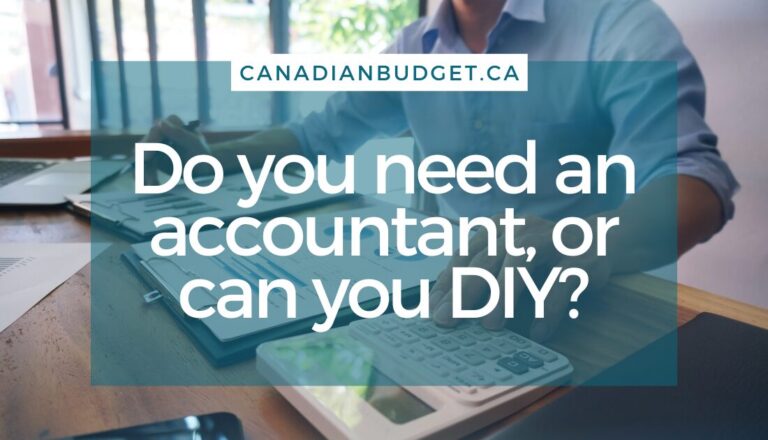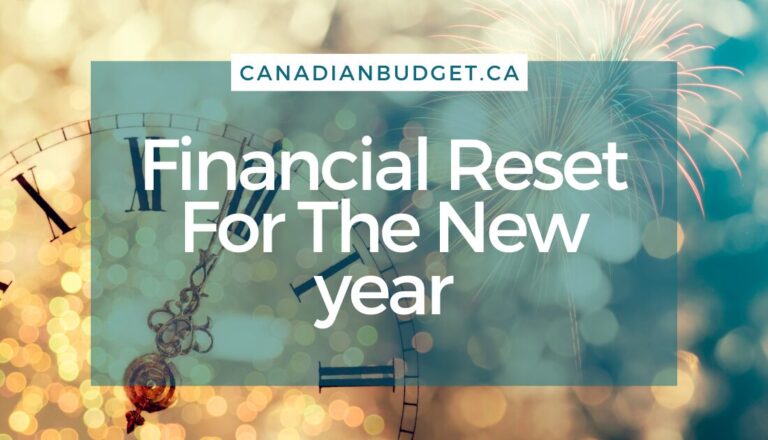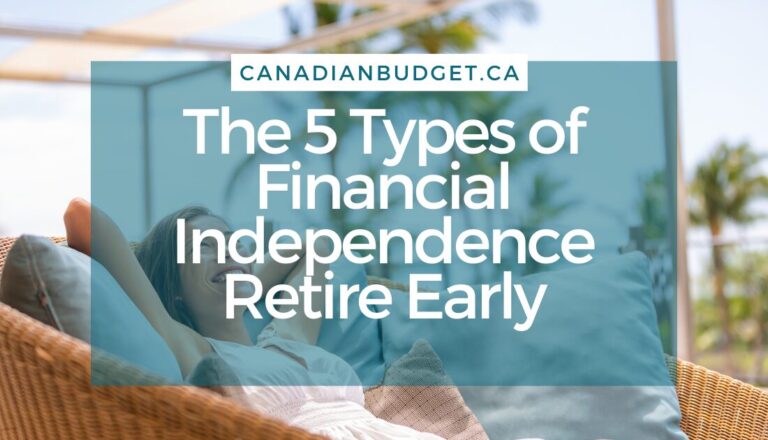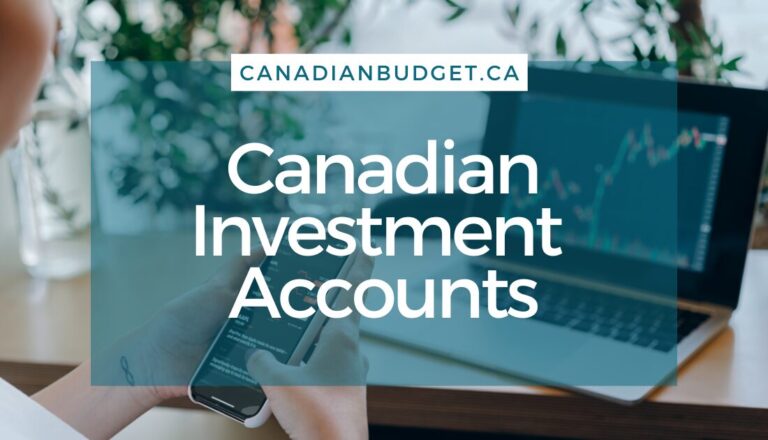Make more room in your budget
Table of Contents
ToggleWhen you are trying to make more room in your budget usually it is to help you either pay off debt or save up for a big purchase. Saving more is one way to work toward this. The other is making more money. Today we tackle the first part – saving more!
You can examine all parts of your spending to see what might be possible to shift, refocus or save on. Try these 6 ways to save that will help you make more room in your budget!
Your Fixed Expenses
This refers to your monthly bills. Your utilities, phone, internet, housing costs, subscription services, anything you get a monthly bill for – or have to pay each month. These are the areas that most people believe cannot be changed. In actual fact, many of our bills can be negotiated.
Call your service providers – Phone, Internet, Cable and see if you can negotiate a loyalty discount or change in the package to reduce your bill in any way.
Your housing expenses are usually one of the largest chunks in your budget. Assuming you aren’t going to move, what else can you do to make a dent?
Do you have a room you can rent out? A parking space to rent? Storage space in your garage or basement you could rent out? We go over more of these options in the article about increasing your income.
Review your utility usage
Water, Heat, Hydro – these are all charged based on our usage. If you are not paying an all-inclusive rent, what can you do to impact the costs going forward? Try to do laundry in off-peak hours, wash clothes with cold water, take shorter showers, turn the thermostat down a notch, put on a sweater and socks, and turn the lights off when you leave the room. This doesn’t always have the same impact that reducing in other areas can, but it can help stretch your dollars further if you are really in a bind and make more room in your budget!

Fees
Have you ever done a fee audit? Check all your accounts – Banks, credit cards, investment accounts – to see how much you are being charged in fees. Fees can eat away at your bank balance and investment gains, making a big impact over time. There are many fees you may not realize you are paying for.
Again, call your providers and see if they will refund or waive the fees due to your loyalty as a customer. Tell them that you would hate to close the accounts, but the fees make it hard to justify keeping them. See if they will offer you anything to stay on as a customer. There of often retention teams whose sole job is to keep clients who are considering leaving.
If you can’t reduce or remove the fees, look for alternate providers who don’t charge fees. Looking for no-fee banking in Canada? – Try Tangerine, Neo, Simplii, or EQ. Looking for no-fee investment options? Wealthsimple Trade’s self-directed investing platform has no fees and you get a $25 sign up bonus to invest for using our link.
Subscriptions
Remember when you signed up for that free trial, meaning to cancel before it ran out, and just forgot about it? Well, the company didn’t, and they have been charging you all these months! This happens so frequently and we end up paying for something for months or years that we aren’t using.
Do yourself a favour and do a subscription audit. Check your app store or Google play store for subscription accounts, and make a call on which ones you really need. Review which other (non app) subscription services you are using and decide if they all need to stay.
If it can’t be negotiated, are there any steps you can take to influence what you are charged? Reduce your package to a lower tier? Switch providers? Cancel the service?
Food Costs
There are a few things to do to reduce your food costs each month. Look around your area for a cheaper grocery chain you could use. Always go shopping with a list after reviewing what is in your fridge and pantry. Never go grocery shopping hungry! Use a price matching app like FLIPP to get lower prices at your preferred store. Cook food in bulk and prepare lunches for the week so you aren’t tempted to buy takeout at lunch. Food is increasingly one of the largest costs in our budgets, especially with recent inflation, these tips can help you reduce your food budget each month.
Discretionary Spending
This is where most people cut first to try and make more room in their budget – and they usually cut it to the extreme. I am here to tell you that cutting out every “want” is going to make you miserable, and you will not want to stick it out to see the results.
Rein in mindless spending
Look at your purchases and evaluate how you are spending your money by categorizing your transactions. You would be surprised how much a difference simply tracking your spending makes. It will minimize your mindless spending, and you will find you can stretch your money further without even doing any intentional cutting back.
When you look at what you spend on, how do those things make you feel? You want to absolutely keep things in the budget that have value and cut ruthlessly the things that add no value to you.
Having a massage once a month helps keep your sanity from stressful work life? That’s pretty important to keep. Ordering delivery 3 times a week even though you have food in your pantry and fridge? Maybe you can cut back there.
Alternatively – I know as a new mom with a busy life, having occasional delivery meals and not having to worry about meal prep has been a real lifesaver sometimes. What is valuable to one person, might be something another person cuts out of their budget, so there is no one size fits all answer here.
The key is to truly know what you are spending your money on and be able to make educated decisions on where you want to focus your hard-earned money on, and what you don’t want to waste it on!
I hope these tips help you make a little more room in your budget next month!
More from the blog...

Do You Need an Accountant…
Guest Post by Karan Sachdeva of MultiTaxServices Doing taxes in Canada Money management often feels like one of those “I’ll...
Read More
Why Wealthsimple Could Be the…
Wealthsimple Banking Review 2025: Best No-Fee Bank in Canada
Read More
Financial Reset For The New…
How to Do a Financial Reset for the New YearAs the new year begins, it's the perfect time to take...
Read More
The 5 Types of Financial…
Starting your journey towards Financial Independence Retire Early (FI/RE) in Canada opens up possibilities for those eager to take control...
Read More
In a Public Sector role?…
Public sector roles, including those in schools and hospitals, make up approximately 21% of employment in Canada. That includes teachers...
Read More
8 Canadian Investment Accounts To…
If you are new to investing, you might be wondering what the Canadian investment accounts are available, and which is...
Read More
What Are Canadian Real Estate…
Canadian Real Estate Investment Trusts: What They Are and Should You Invest? Canadians have heard owning property was the path...
Read More
6 Ways Fixing Credit Scores…
Struggling with debt can significantly impact your financial well-being, especially if your credit score suffers. Fixing credit scores is important...
Read More
The Paying Yourself First Method
Taking control of your financial future starts with a simple yet powerful concept: paying yourself first. Shifting your money mindset...
Read More
How to Calculate Retirement Savings…
When is a good time to calculate retirement savings needs? When retirement may be decades away it’s hard to think...
Read MoreAbout The Author
Jessica Morgan
Jessica Morgan is the founder and CEO of Canadianbudget.ca. She is passionate about personal finance and helping Canadians improve their financial literacy by providing more Canadian focused financial content. A millennial mom of one, she has a burning obsession with all things personal finance.
Jessica has a BA in East Asian Studies from York University and a Masters in Business Administration from Toronto Metropolitan University. She is a career public sector employee with a Hybrid Pension, and an advocate for Canadian women to improve their personal finance knowledge.
Jessica Morgan
Jessica Morgan is the founder and CEO of Canadianbudget.ca. She is passionate about personal finance and helping Canadians improve their financial literacy by providing more Canadian focused financial content. A millennial mom of one, she has a burning obsession with all things personal finance.
Jessica has a BA in East Asian Studies from York University and a Masters in Business Administration from Toronto Metropolitan University. She is a career public sector employee with a Hybrid Pension, and an advocate for Canadian women to improve their personal finance knowledge.


